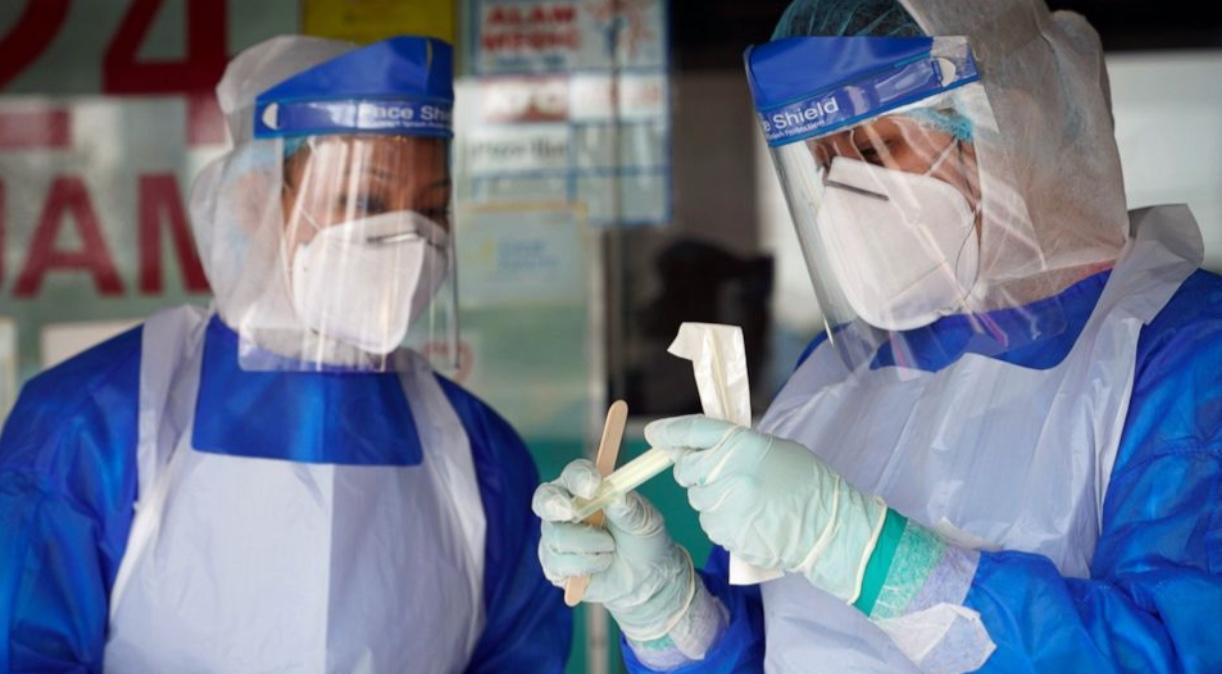White House Acquiesces To FDA’s COVID-19 Vaccine Emergency-Approval Guidelines
Tyler Durden
Tue, 10/06/2020 – 15:53
Update (1550ET): After the FDA stiff-armed the White House’s attempt to remove a provision from the public-health agency’s emergency use authorization guidelines, White House insiders are telling WSJ that they accept the FDA’s plan, bolstering claims made by FDA Director Dr. Stephen Hahn that the agency wouldn’t be swayed by Trump after appearing to kowtow to the administration.
* * *
Last night, both the NYT, Associated Press and Politico published “scoops” detailing an alleged effort from within the West Wing to improperly shape the FDA’s protocols and policies surrounding granting emergency-use authorization (EUA) to COVID-19 vaccines, with the goal of eliminating a provision that would effectively preclude a vaccine before election day.
Politico’s report claimed that the White House was interfering at the behest of the big drug makers hoping for more lax restrictions.
Since they were published during President Trump’s return to the White House, the reports didn’t get much oxygen on cable news. But on Tuesday morning, the FDA surprised observes by releasing the new guidance.
Also, Bloomberg reported last night that the FDA had communicated its new standards directly to the drug makers, eliminating the need to release the new guidance, which was still under White House review.
A spokesman for the FDA told the press that the agency has already reviewed the requirements with individual manufacturers, and any interference with the guidance is really more of a PR issue.
“This does not change how the FDA would evaluate an emergency use authorization request for a Covid-19 vaccine,” said Michael Felberbaum, an agency spokesman. “The FDA has already communicated with individual manufacturers about its expectations, data the agency intends to consider, and what we expect to see in a request for an emergency use authorization to demonstrate safety and efficacy.”
But as the public backlash intensified, the FDA decided to release a document on its website Tuesday morning making clear that the requirement for two months’ of safety data would remain, as would a requirement for an independent panel of experts to weigh in on each candidate before a final decision can be made.
Here’s more from Bloomberg:
The document is the agency’s most detailed public statement yet on what it will take to get a vaccine cleared under a fast-track emergency use authorization, or EUA. The agency has been working on a separate “guidance” document that details the requirements, but it remains under review by the White House and it’s not clear when or if it will be released.
While the exact contents of that guidance document haven’t been released, the FDA has said that it’s already communicated the requirements to drugmakers. Publishing those requirements in the document released Tuesday essentially makes them public, even if the official document is lodged at the White House. It also makes clear that the FDA will add an extra step to the review.
In Tuesday’s document, the FDA said it will require an additional, follow-up meeting of its Vaccine and Related Biological Products Advisory Committee to look at specific applications by drugmakers. “This discussion will be specific to the particular vaccine that is the subject of the EUA request and will be separate from, and in addition to, any general discussion by the VRBPAC regarding the development, authorization and/or licensure of vaccines to prevent Covid-19,” the FDA said in the document.
Then again, whether the agency requires 8 weeks or 6 weeks of safety data may not make much of a difference. Vaccine approval is a tedious process that typically takes years. The speedy approval process virtually guarantees there will be no study of long term ramifications and side effects.
